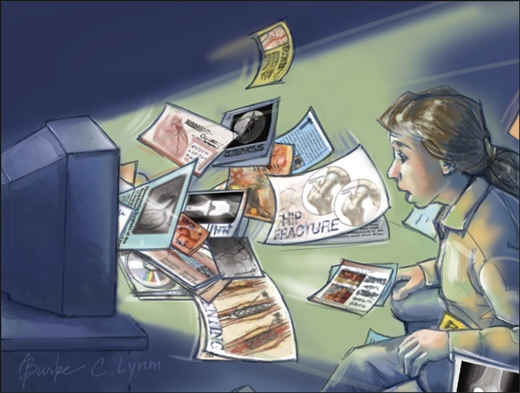Direct-to-Consumer Advertising Should Remain Banned
Direct-to-Consumer Advertising Should Remain Banned
Direct-to-consumer advertising or DTC advertising is a process of marketing pharmaceutical products to consumers. Information is directly given to patients instead of healthcare professionals. Many regulating bodies in different countries exist to limit the advertising of pharmaceuticals. As of 2008, only two countries allow DTC advertising: the United States and New Zealand.
Many people are concerned about the extent to which pharmaceutical advertisements could influence consumers’ decisions to buy products that may not be medically necessary. They feel that DTC advertising should remain prohibited. Despite the campaigns against DTC advertising, pharmaceutical companies assert that there is nothing unethical in advertising pharmaceutical products.
Supporters of DTC advertising say that countries could adopt ethical sales and marketing standards for pharmaceutical companies to abide by. People need not worry about being undulyinfluenced by advertisements. The decision to purchase a drugultimately lies in the hands of the patient after being evaluated by his or her physician.
Moreover, many supporters say DTC advertising promotes awareness among consumers. Banning it does not make sense. Through advertising, consumers are provided with a range of available medical treatments that they may have not been aware of.
Lastly, DTC helps improve public health. By gaining awareness about drugs that are available, patients get motivated to communicate with their physicians. Patient and physician communication empowers consumers. Many diseases become very expensive to treat because they are not diagnosed correctly. With the help of DTC, many diseases that are undertreated and underdiagnosed are brought to light.
The opponents of DTC advertising say that many pharmaceutical companies are in the business of making money, where the goal to cure illnesses is only secondary. Many consumers fall prey to the advertising campaigns utilized to market synthetic drugs. Just like any advertisement that promotes a product, only the positive effects are highlighted.
Moreover, home remedies and medicinal plants that are just as effective as medicines sold over-the-counter (OTC) are overshadowed by advertised pharmaceuticals. People are becoming less and less aware of the many effective natural treatments used thousands of years ago to cure common illnesses like colds, cough, and fever.
Lastly, advertising encourages the mentality that for every illness, a pill is its best cure. Consumers that are in need of fast relief get exploited by many pharmaceutical companies. Many consumers do not realize that the long-term side effects of these OTC drugs outweigh the short-term relief that they offer.

'Study > English' 카테고리의 다른 글
| 66 Years of Silence Broken (0) | 2016.03.03 |
|---|---|
| English Expression Dictionary (0) | 2016.03.03 |
| English Expression Dictionary (0) | 2016.03.02 |
| The Implications of the Increasing Number of Superhero Movies (0) | 2016.02.29 |
| English Expression Dictionary (0) | 2016.02.29 |
